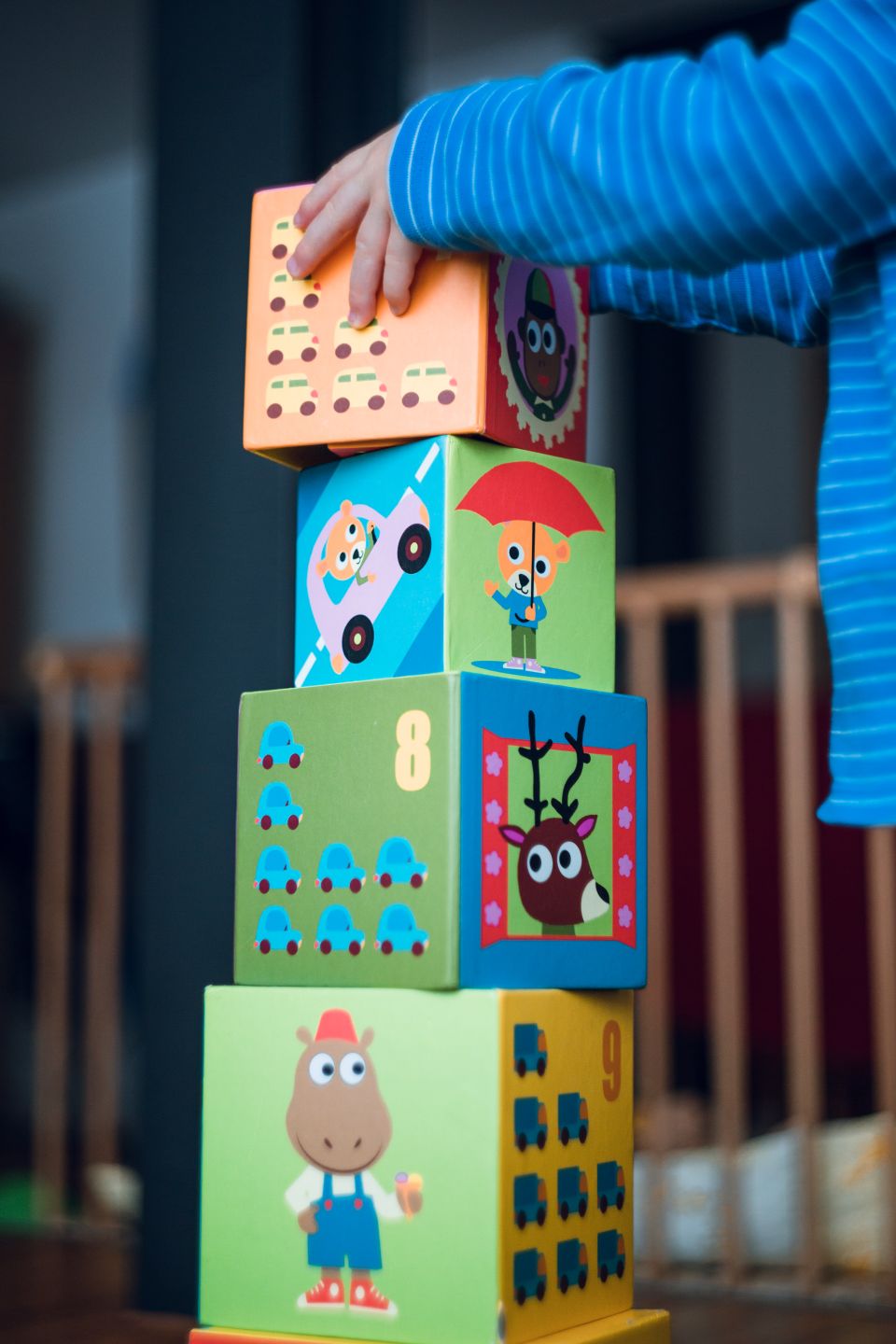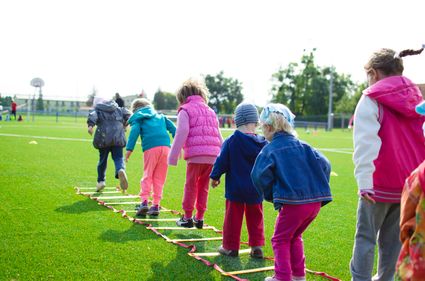What options are available outside of school hours and for children under 4?
The general term for childcare in the Netherlands is kinderopvang . The Netherlands has no formal educational provision for children until the age of four, when they can begin primary school. Outside the formal educational system there are, however, childcare facilities for younger children and after-school facilities for school-age children. In the Netherlands childcare is seen as a matter of common interest and is the shared responsibility of parents, the government and employers.
Types of Childcare
Children up to four years old can be looked after in a day care (kinderdagverblijf) centre, where they can stay for up to 10 hours a day. Day care centres in the Netherlands are professionally run and employ fully qualified childcare staff. All childcare centres must comply with a strict standard of quality according to Dutch law.
Dutch day care centres are usually open from 7.30 or 8am to 6pm and exclusively on weekdays. They offer care for babies as young as three months old to children up to four years old. There is usually one caretaker for between four to eight children, depending on age groups.
There are often long waiting lists for spots in day care centres so it is best to register your child as early as possible (even before they are born). You should also consider registering with more than one centre until you get a spot.
After school care (naschoolse opvang) and outside-school care (buitenschoolse opvang) organisations provide care and activities for children aged 4 to 12 from 7.30am until 6.30pm on school days and school holidays. They usually work with one or several primary schools and children are often collected from their school by a caretaker.
Food and drink is usually provided, and children are able to play outside, do crafts, read and get help with their homework. Some centres are aligned with a sports club, community centre or music school, so there are many options for activities.
Preschools (peuterspeelzalen) are for children aged two to four years. They are often part of a primary school and help prepare children for primary school. They must be registered in the Landelijk Register Kinderopvang (National Childcare Register).
Children in the Netherlands go to preschool two to three times a week either in the morning or the afternoon, and spend a few hours playing with other children and doing activities under trained professional preschool teachers.
Child minders, also referred to as host parents (gastouderopvang), are available for babies, toddlers and primary school children. Child minders look after up to six children either in their own home, the home of the children or in a care centre for a fixed number of hours per week.
Child minder services can be found through a gastouder agency, which checks that the locations where children will be looked after are safe and hygienic. Child minders must be registered in the Landelijk RegisterKinderopvang (National Childcare Register).
The Dutch word for babysitters, oppas, covers a range of options from teenagers to qualified child minders, who usually work for a few hours in the afternoons, evenings or weekends. Most babysitters are teenagers who live in your neighbourhood. Note that you can also register with an oppascentrale, a babysitting service. They ask for a membership fee, but this entitles you to call whenever you need a babysitter (you pay the babysitter separately). With a service, you can nearly always get a sitter and the costs are reasonable. On the other hand, it may be a different babysitter each time and their level of experience may vary.
Nannies are experienced and often qualified child minders who live in your home and receive a monthly salary. An au pair is typically a young person (ranging from 18 to 31 years old) from abroad who is hired to help look after the children of a host family in the Netherlands. Au pairs are given room and board, paid a small monthly salary and typically are in search of a cultural experience in the Netherlands, while also serving as a child minder and usually providing some light housework.
How to choose
It can be difficult to decide which kind of child care best suits your family. It is a personal choice and each option has its pros and cons, pricewise and in the way that they take care of the children. Your choice also depends on which day and which moments of the day you are in need of childcare.
Here are some facts to make your decision a bit easier.
| Day care and after school care | Host parents, babysitters, nannies and au pairs |
| Bigger groups | Small groups/only your children |
| Opening hours only on weekdays (mostly 7:30-18:30) | 24/7 childcare possible |
| Children need to be brought and picked up from facility | At your own home |
| Childcare benefit possible | Childcare benefit only possible with a host parent |
| Possible waiting lists | Flexible timing |
| Childcare educated teachers | |
| Your child gets used to being away from home in preparation of school |
Daycare and preschool
Do you have a child aged zero to four, and do you live in, or will you be relocating to, the Netherlands?
Here's all you need to know about childcare options: daycare, preschool, childminder (also known as 'gastouder' in Dutch), and au pair. After watching this video, you will feel more confident about taking the right decisions.




